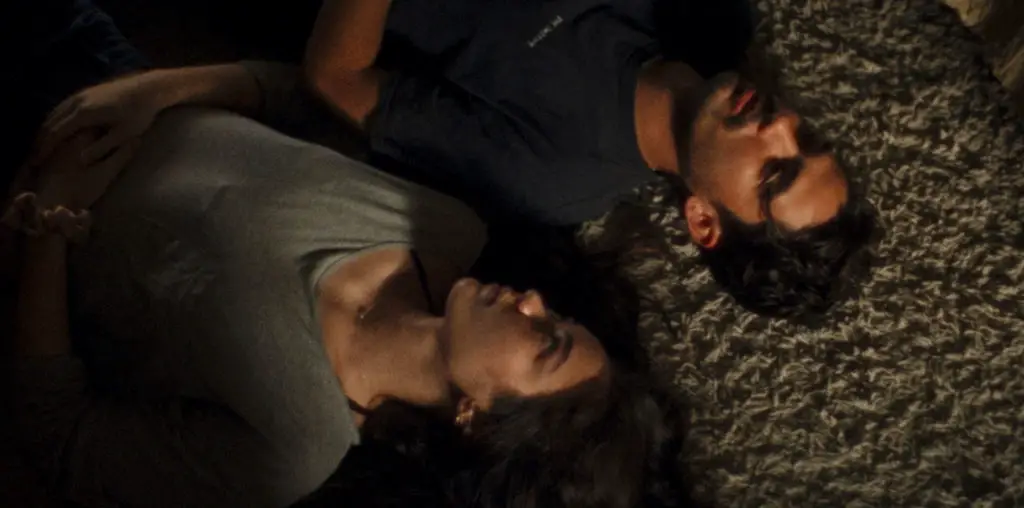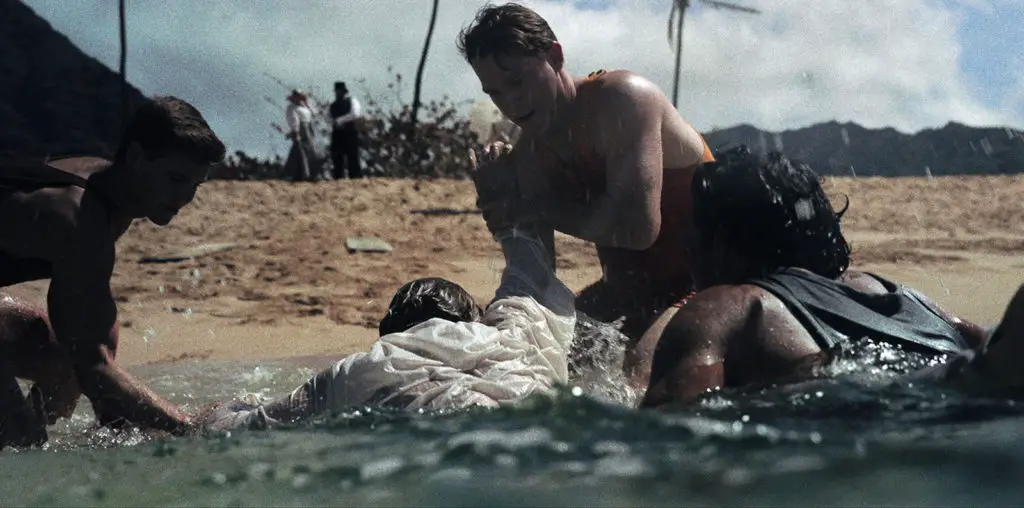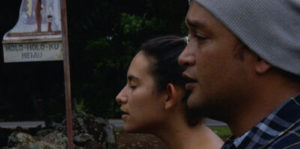
Between the Hollywood movies, the plantations of the big five sugar companies, and resorts like the Coco Palms Hotel, Hawaii has a complex and wild history. When combined with exploding real estate prices, the state is a textbook example of exploitation by big businesses, supported by their partners in the United States federal government. Through the narration of Anthony Banua-Simon, we explore many of these issues by centrally focusing on the island of Kauai in his documentary Cane Fire. Utilizing a combination of found footage from the many films shot on Kauai over the decades and interviews with his cousins and other native Hawaiians, the co-writer/director weaves a fascinating story riddled with the complexities of business and land grabbing.
That the U.S. federal government has reserved quite a tremendous amount of land all across this great nation is incontestable. That the big five sugar companies arranged for the U.S. to invade and conquer Hawaii on their behalf is jaw-dropping. At its height, Kauai was riddled with sugar and pineapple plantations. When Hollywood productions came to the Island, the workers on the plantation would double as extras in films.
One of the most fascinating vignettes is the state of affairs surrounding the Coco Palms Hotel. A fancy resort built over sacred Hawaiian temples and funeral grounds, the property had been abandoned after a hurricane ravaged it 20 years ago. Eighteen years later, Hawaiian natives attempted to grab the land of this long-abandoned property to reclaim it to restore a small amount of former Hawaiian culture. This effort might’ve worked had property developer Tyler Green not decided to restore the Coco Palms Hotel to its former glory.
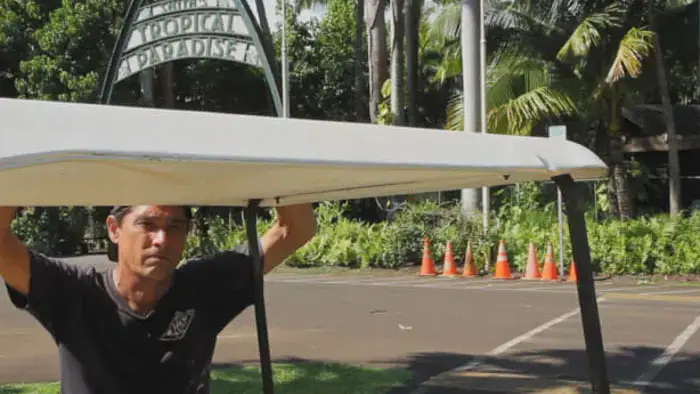
“…the big five sugar companies arranged for the U.S. to invade and conquer Hawaii on their behalf…”
All throughout Cane Fire, Banua-Simon searches for a lost film whose climax is an angry plantation worker starting an out-of-control sugarcane fire, ergo the title. While I will leave you to discover if he successfully locates a copy of that film or not, what he sees in documenting the fights between the corporations and the native Hawaiians is quite engrossing. It’s also fairly incendiary.
In the 1950s and 60s, life began to improve on Kauai with the coming of the union, the ILWU. However, once the sugarcane and pineapple plantations left, the union’s power waned significantly. Now, if a native Hawaiian tries to camp out on the beach, they run the risk of U.S. marshals running them off.
Cane Fire, in its historical rigor, documents how a small group of rich land barons still own the greater majority of land on Kauai. Despite the efforts of native Hawaiian activists, this status quo remains unchanged. As discussed by numerous native Hawaiians, none of them actually know the legends, history, or even the original Hawaiian language. While the Hawaiians still struggle to survive on their islands, Kauai stands out as the island most heavily exploited by big business.
Cane Fire is a fascinating documentary, and I would recommend it to any American to watch. We should see what is wrought by claiming an archipelago from the people who actually owned it.
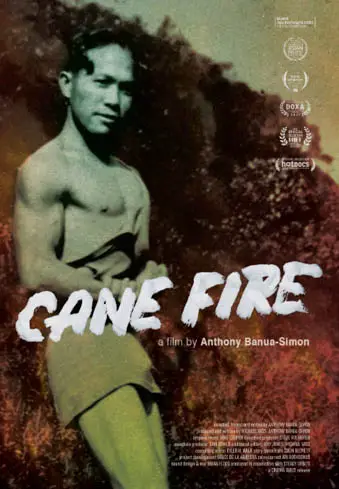
"…fascinating..."
